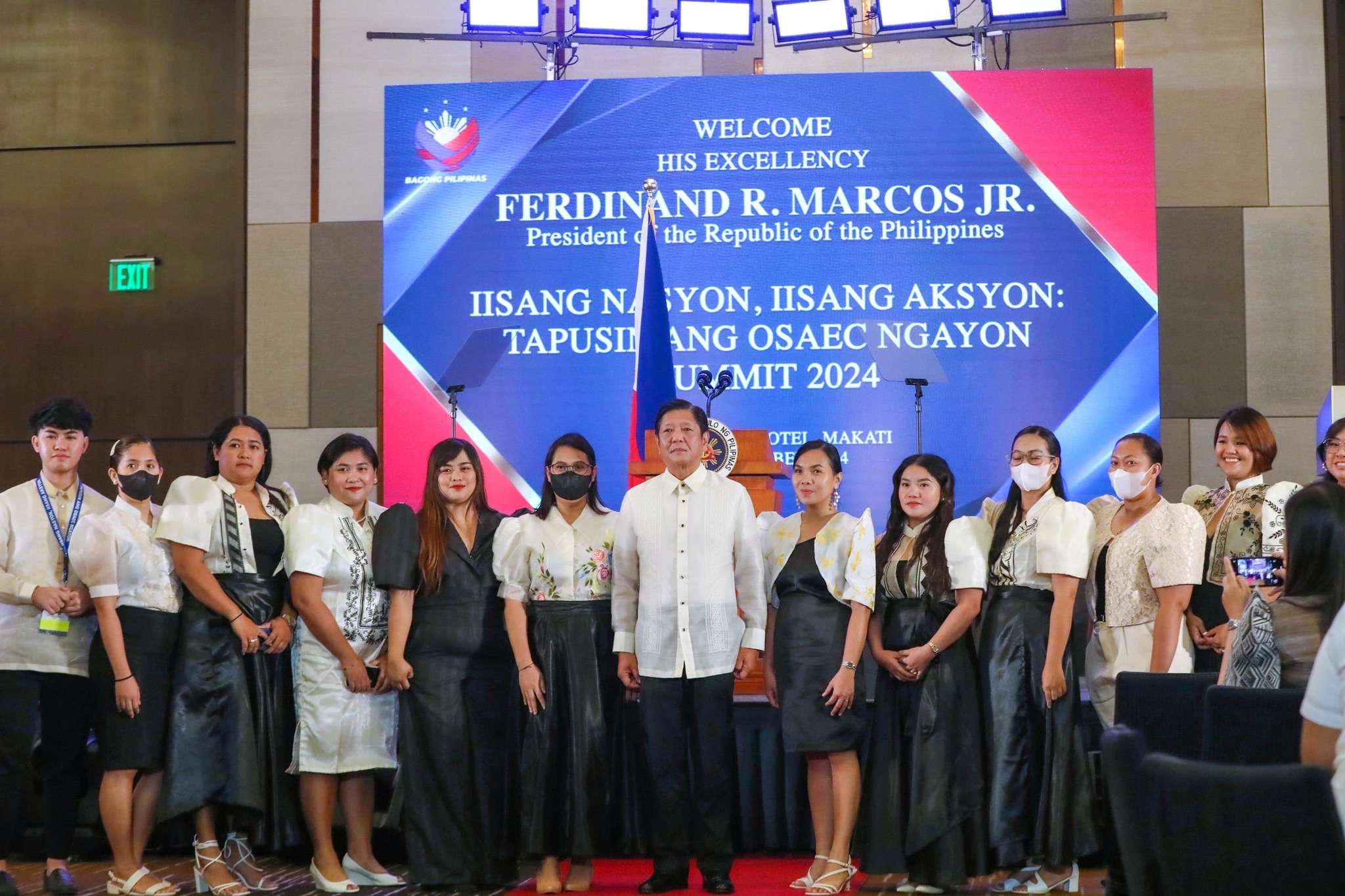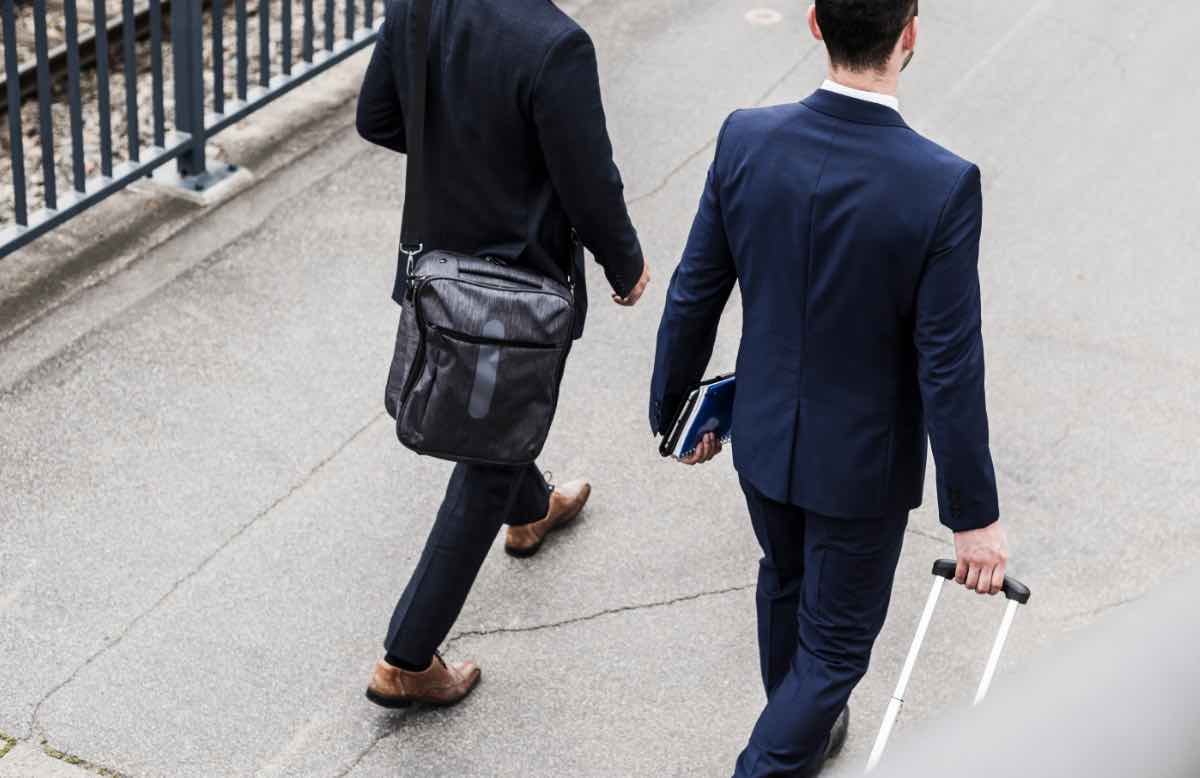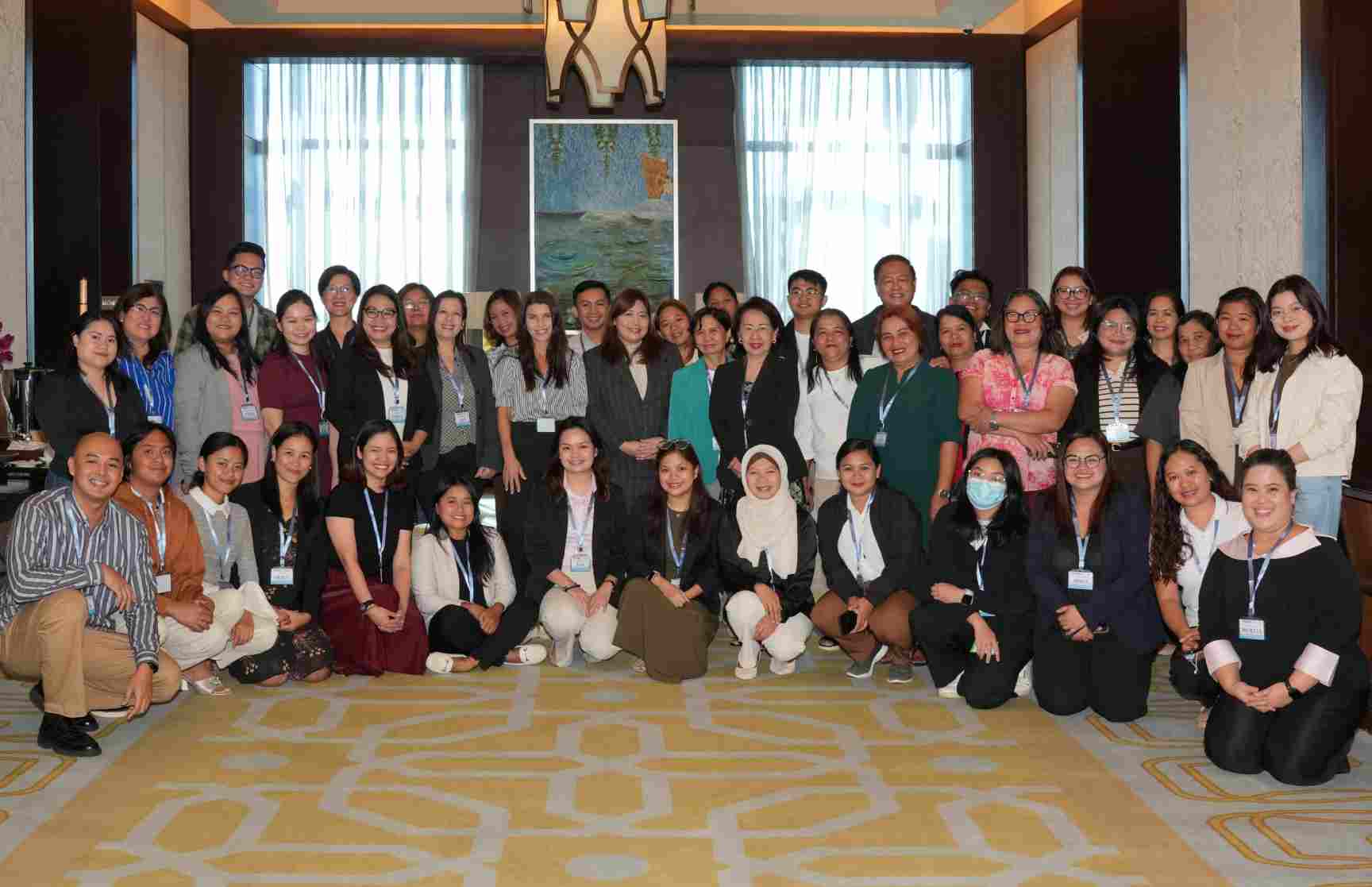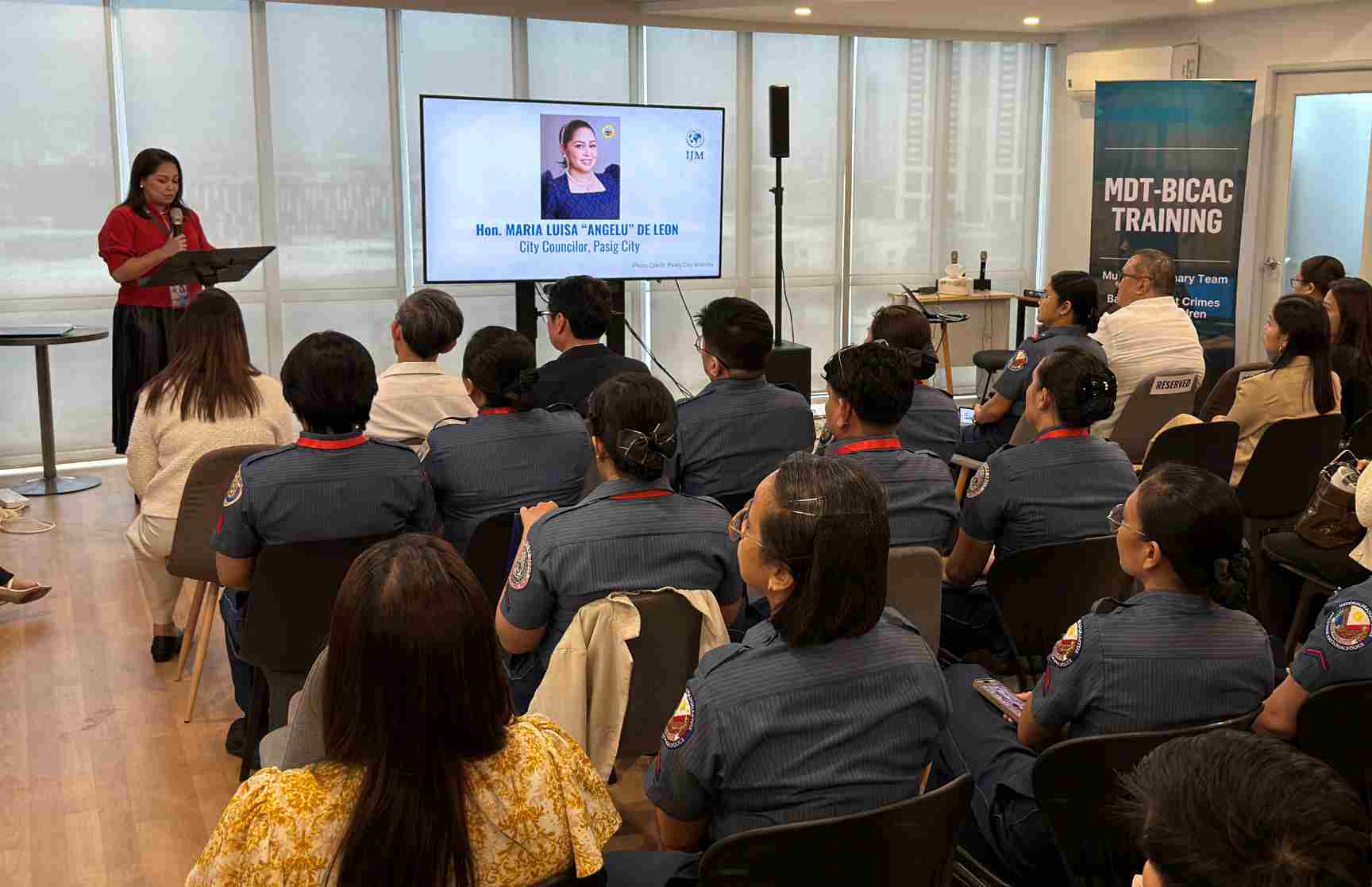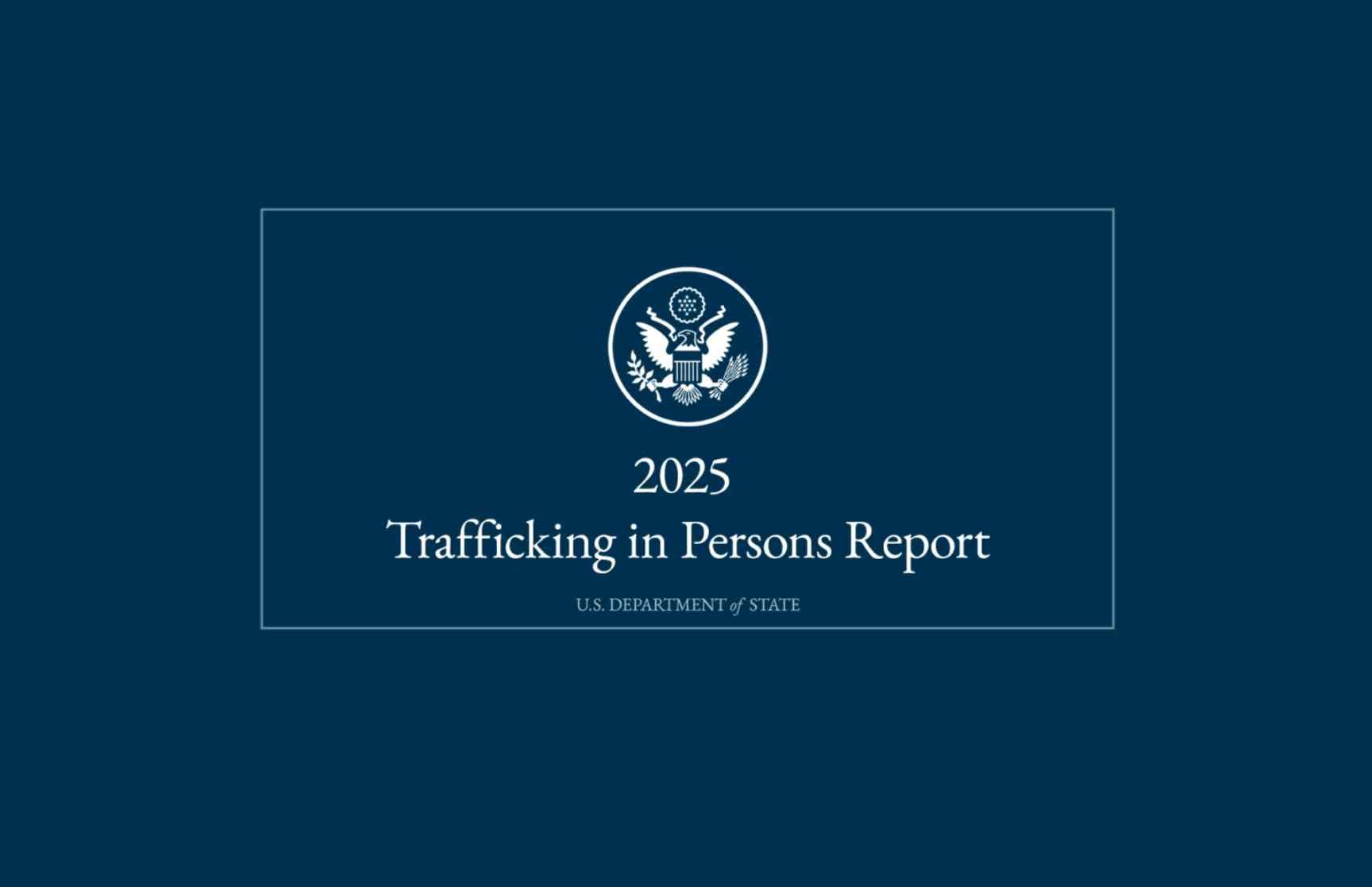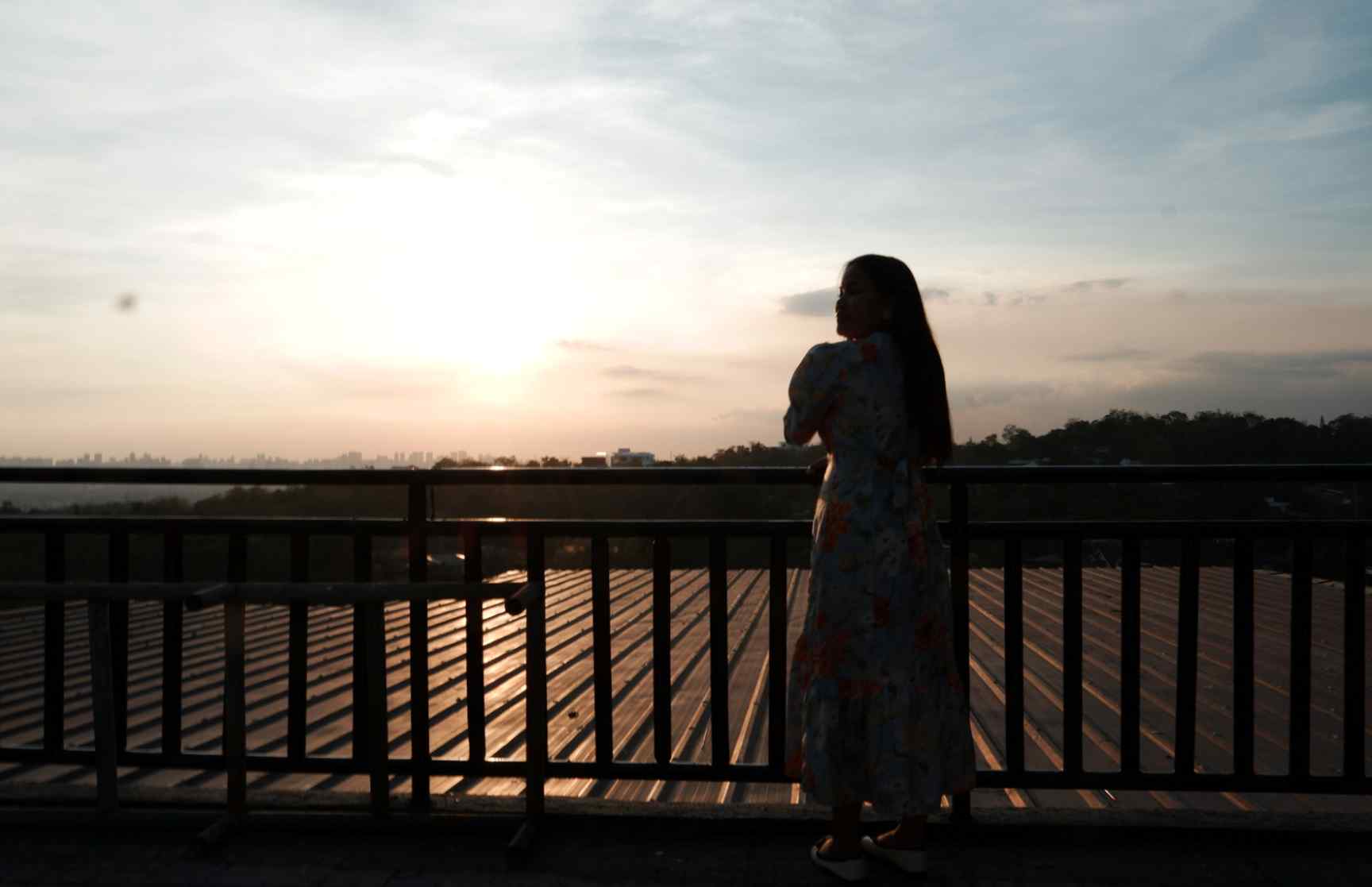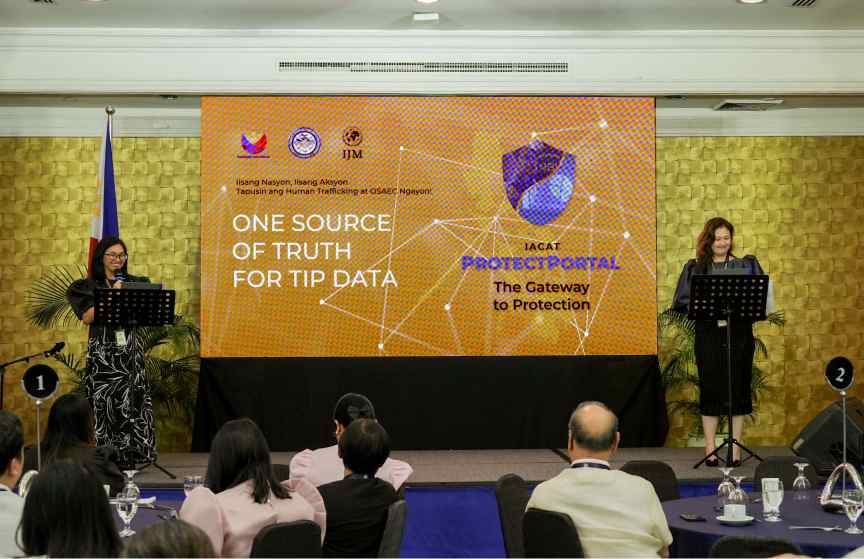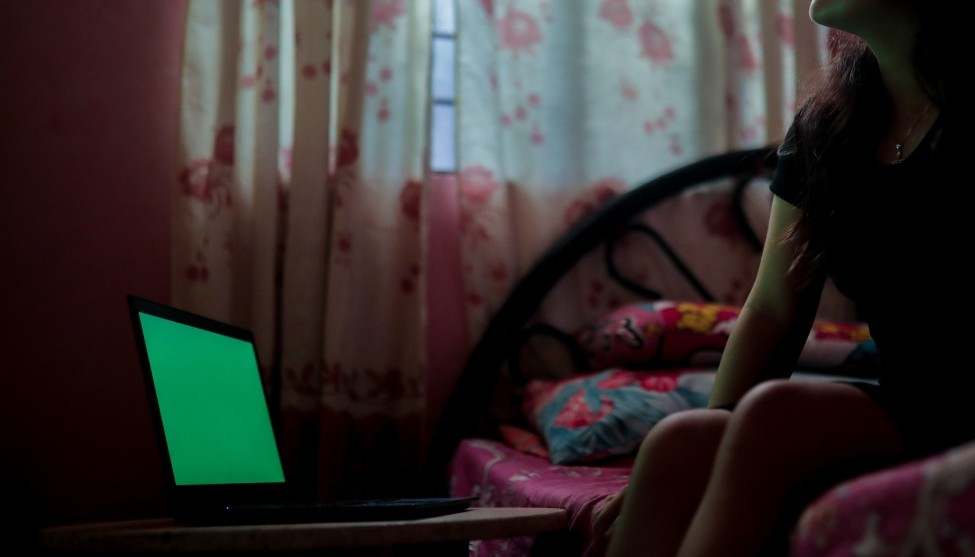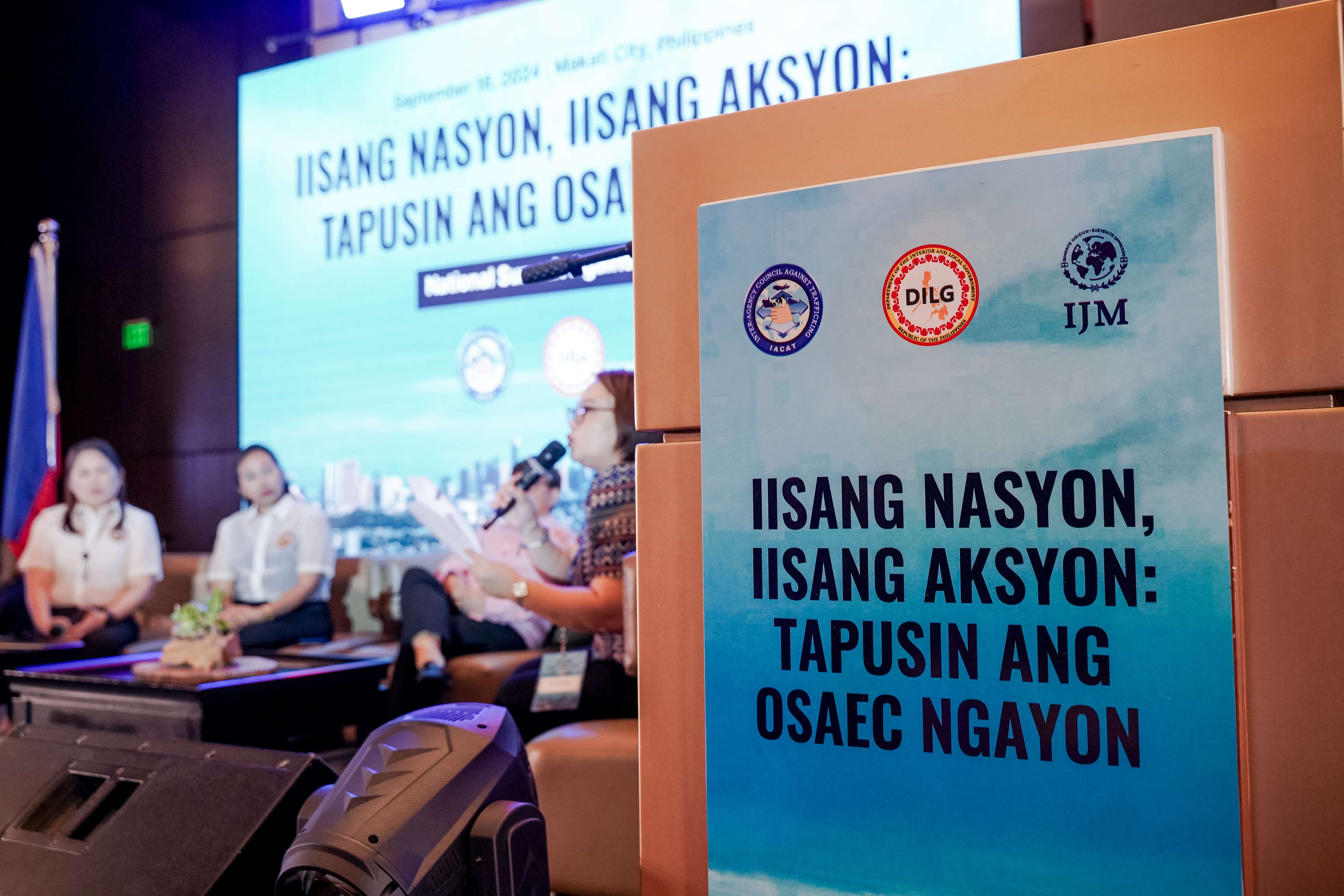
Efforts against OSAEC
On April 2024, President Ferdinand R. Marcos Jr. issued a directive calling for intensified efforts against OSAEC (online sexual abuse or exploitation of children). This included increasing law enforcement activities aimed at rescuing victims, arresting and prosecuting offenders, and implementing a holistic approach to combat OSAEC through nation-wide strategies. In addition, the President also issued Executive Order No. 67, which established the Presidential Office for Child Protection. This office is tasked to enhance existing institutional and legal frameworks for child protection, with a particular emphasis on safeguarding children from OSAEC.
The Philippine government, along with its partners, has made tremendous strides in combating OSAEC, enacting critical laws and spearheading global law enforcement collaboration, among other notable achievements. The country has successfully maintained its Tier 1 ranking in the U.S. State Department’s Trafficking in Persons Report for nine consecutive years. Achieving and sustaining this Tier 1 status requires governments to demonstrate significant progress in combatting trafficking, including OSAEC, each year.
Despite these efforts, a significant challenge of underreporting within communities persists, partly due to prevailing community-based cultural norms in the Philippines that discourage “meddling” in others’ affairs, even when abuse is known. In IJM’s national prevalence study Scale of Harm, it was determined that nearly half a million Filipino children, equivalent to 1 in every 100, were victims of OSAEC in 2022 alone.
Mobilizing the national and local leaders
Given these figures, it becomes necessary to evoke active participation and vigilance from local communities to effectively combat OSAEC, especially at the grassroots level.
IJM hosted a National Summit Against OSAEC last September 16, 2024 at the New World Makati Hotel, “Iisang Nasyon, Iisang Aksyon: Tapusin Ang OSAEC Ngayon” (One Nation, One Action: End OSAEC Today), in partnership with the Department of Justice Inter-Agency Council Against Trafficking, the Department of Interior and Local Government, and other sponsors. Nearly 500 participants, comprising of leaders and representatives from national government agencies such as DOJ, DSWD, and DILG, and local government units, foreign and local law enforcement, Embassies, NGO/CSOs, private sector and the media attended.
His Excellency, Ferdinand R. Marcos, Jr., President of the Republic of the Philippines, who graced this event, remarked:
Strengthen our criminal justice system to the end that all who perpetrate this abhorrent crime are put behind bars and made to pay for what they have done. And everyone should think not only twice but three, but four, five, 10, 100 times before committing this abuse again. I have said it before, and I will say it again: this Administration will do everything. We will spare no effort to combat these heinous crimes against our children.
Read through his whole speech here.


The Summit Program
This summit brought together officials from municipalities and cities identified with highest estimates of child victims and adult traffickers (IJM’s Local Prevalence Study available upon request), in hopes of increasing ownership of the issue and leading initiatives that transform the identified challenges into opportunities for positive change.
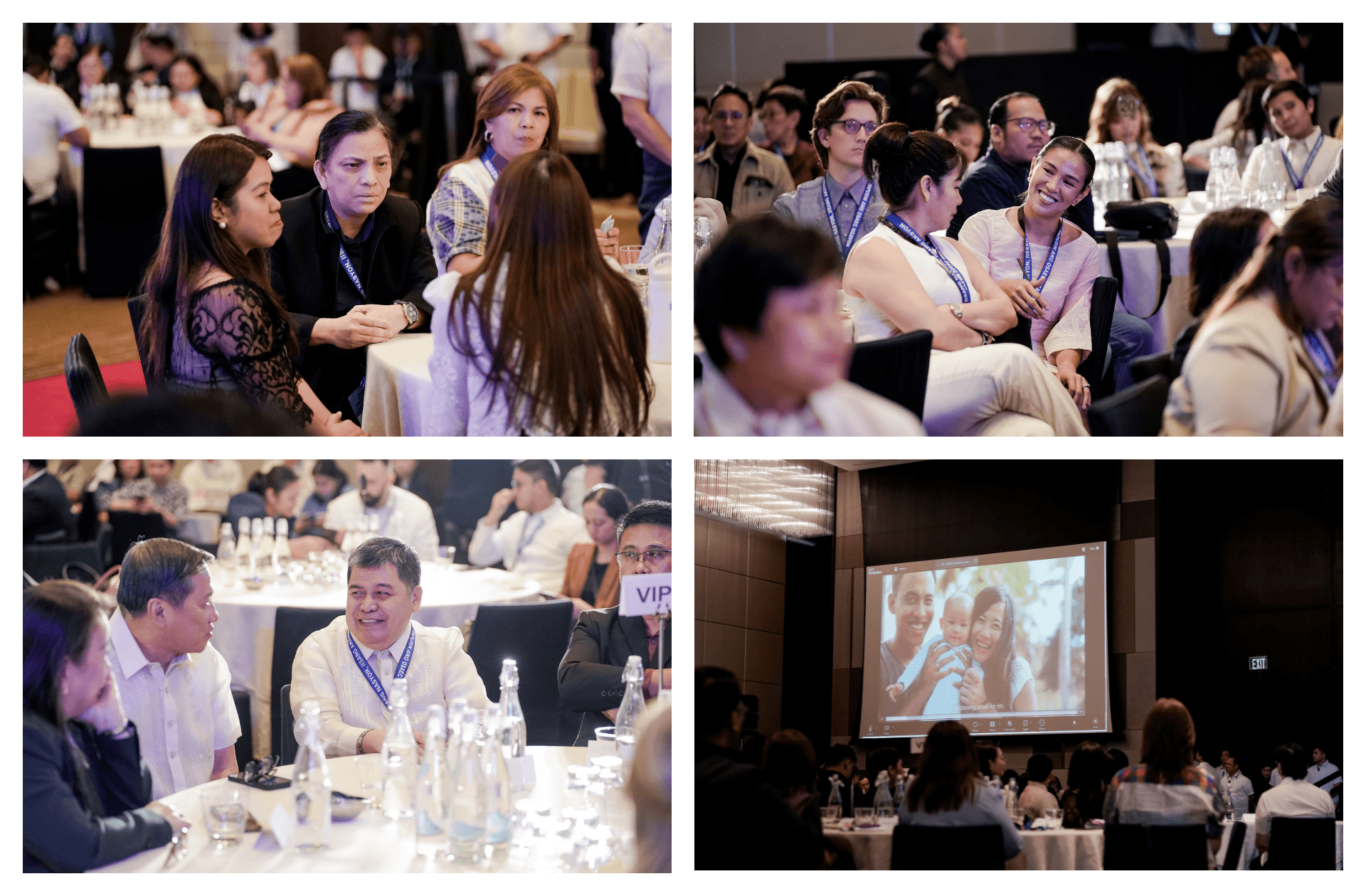
Participation in the “Bayang Walang Bahid ng OSAEC,” campaign was also encouraged; launched during the Summit to educate communities about the impact of OSAEC and the importance of reporting these heinous acts to the rightful authorities.
The Summit featured insightful panel discussions, inviting key leaders from national government agencies and the city government of Iligan to speak on the President’s key mandates in combating OSAEC, including referral pathways, capacity-building, the Barangay IACAT initiative, local ordinances, and survivor support.
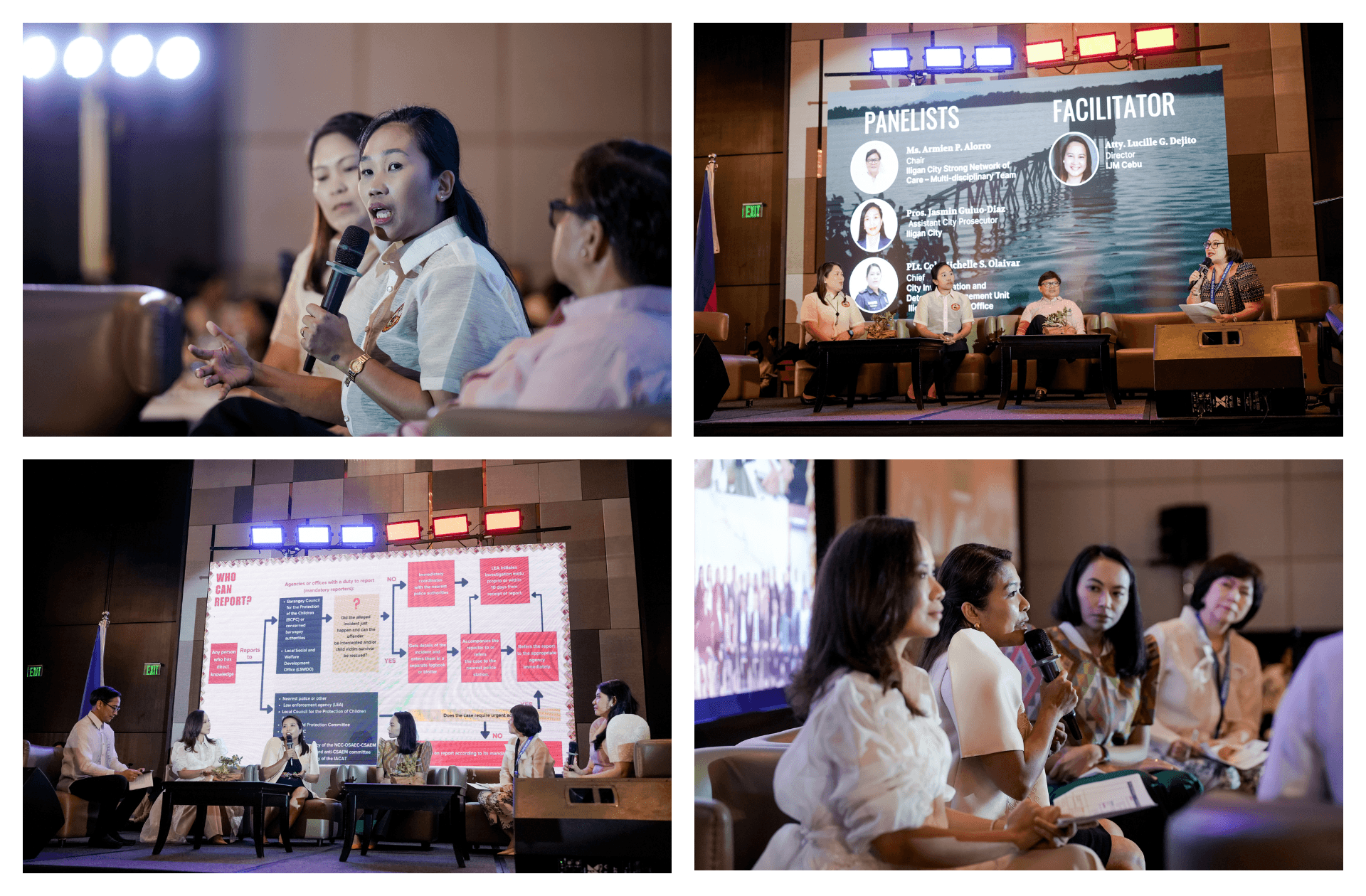
Charito*, the Chairperson of Philippine Survivor Network (PSN) also testified a call of action from a survivor’s perspective:
We are hopeful for seeing justice served, survivors restored, and victims rescued. We want protection for the victims, for safe spaces, for agencies to be trauma-informed. We need justice and convictions to be served. I am excited to see our courts give faster convictions on OSEC cases. I am excited for our communities to have pakabana or malasakit sa mga nahitabo sa palibot [sensitivity for their surroundings]. I am excited to see increased education for local officials about OSAEC and if possible, put up an OSAEC desk in every LGU. Lastly, I am excited for mayors to provide intentional investment for the sustainability of survivors by providing scholarships and financial support for activities that are critical to our healing and restoration.
Call to a unified action
Let this serve as a call for the entire Filipino nation to unite in the fight against OSAEC. It is important that Philippine government agencies and departments urgently assess and enhance their policies, procedures, and regulations. By doing so, we can improve the effectiveness and efficiency of our law enforcement, prosecution, and judicial responses to OSAEC. Together, we can strengthen our commitment to end OSAEC and ensure a comprehensive and unified approach to safeguarding our children.
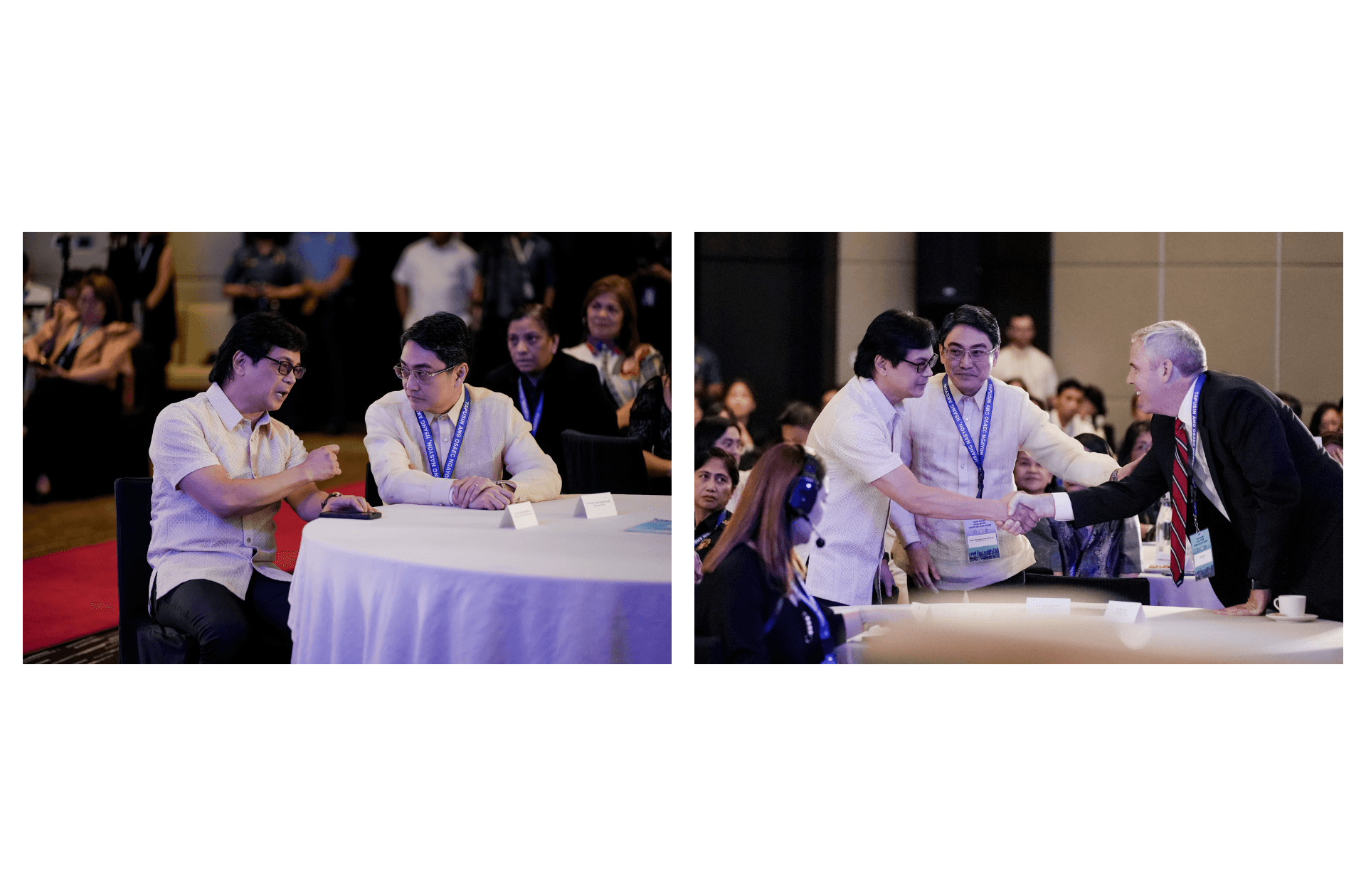
As Sec. Benjamin C. Abalos, Jr., Secretary of Department of Interior and Local Government appeals:
Our job is not just to rescue these children—it is to help them heal and reintegrate into society.
